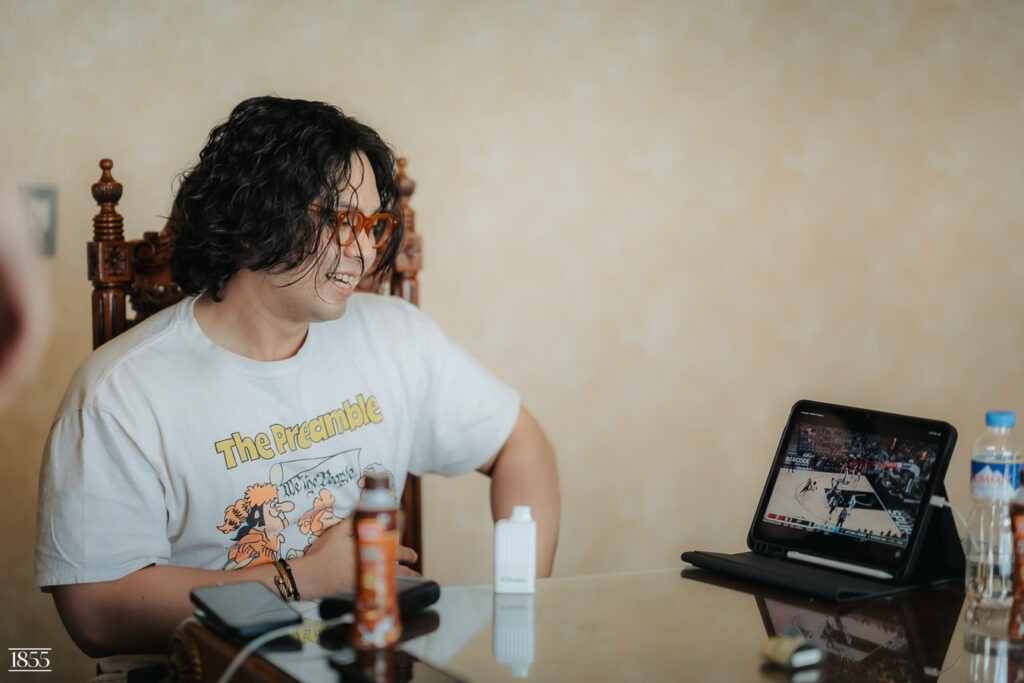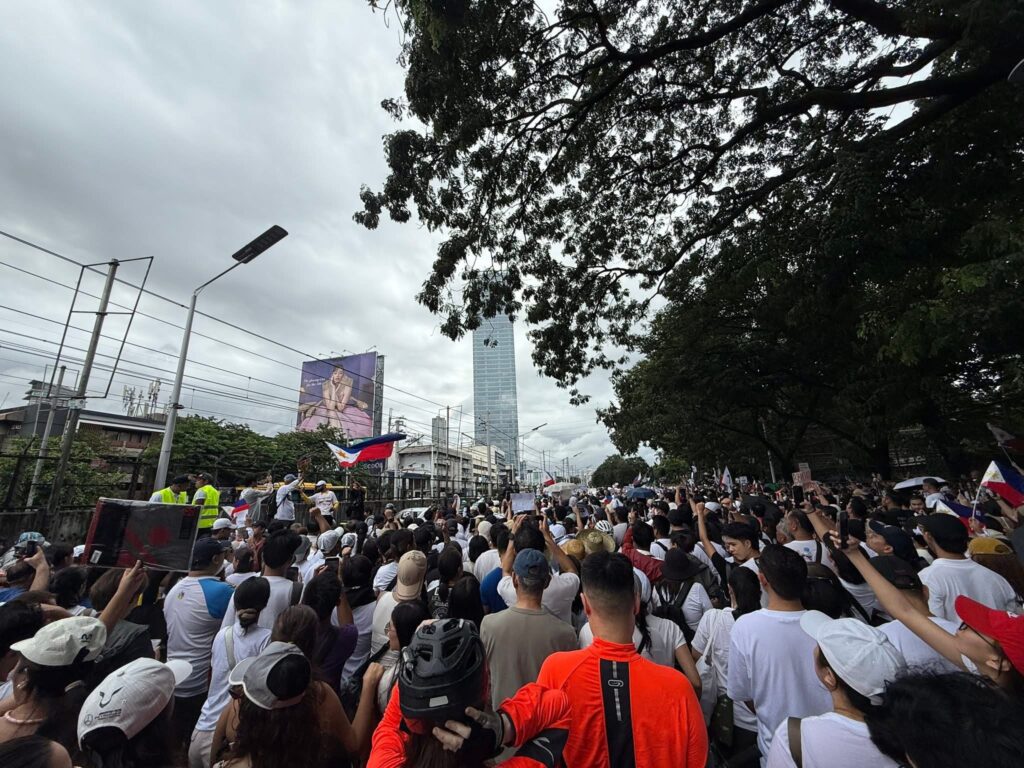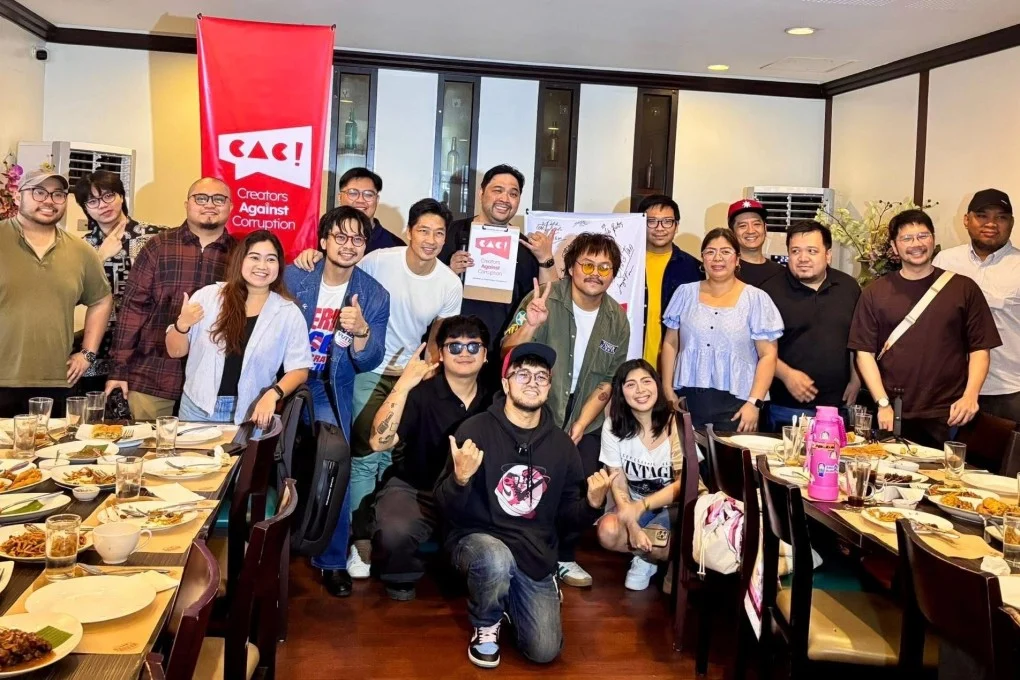History and content creators remembers José Rizal as the writer, Andres Bonifacio as the revolutionary, Apolinario Mabini as the brains: Isabelo de los Reyes is all 3 and more.
Tucked in the pages of our nation’s story is a forgotten hero who’s loud, stubborn, witty, and brilliant. Known as “Don Belong,” he was one of the most restless minds of his generation. Born in 1864 in Vigan, Ilocos Sur, he was a journalist, folklorist, activist, politician, and trailblazer.
He’s the kind of man who refused to accept the world as it was and instead imagined what it could become. And then he went out and made it happen.

The OG Content Creator
Here’s a fun fact most people don’t know: long before Wikipedia and fan wikis, Isabello was documenting Philippine folklore and traditions.
Even before the words “content creator” existed, Don Belong was already doing it. In the 1880s, he roamed towns and villages collecting folklore, superstitions, and oral traditions. He believed the stories of aswangs, duwende, and ancient rituals deserved to be in the same breath as the epics of Europe.
If you’ve ever enjoyed reading about aswangs, duwende, or ancient Filipino rituals online, you’re partaking in a legacy he helped start. He believed our stories were worth telling.
The Father of Philippine Labor
He’s largely the reason we celebrate Labor Day in the Philippines. While Rizal wrote novels and Bonifacio raised arms, Isabello sparked change through something just as revolutionary: organizing workers. In 1902, he founded the Union Obrera Democratica, the first labor federation in the Philippines.
It was the spark that lit the country’s labor movement, a radical idea at the time, born from his belief that Filipino workers deserved dignity, fair pay, and a voice. That fight for labor rights lives on today. Every time we celebrate Labor Day, push for fair working conditions, or discuss workers’ rights online, we’re echoing the same battles he began more than a century ago.

A Rebel Priest Without a Collar
Isabello didn’t stop at labor. He also helped create something that challenged centuries of colonial power: the Iglesia Filipina Independiente (Philippine Independent Church). Established in 1902, it was a bold declaration that Filipinos could run their own church, free from Spanish control.
It was spiritual rebellion disguised as reform. Speaking of the church…
The Rebel Who Defied the Church
Isabello de los Reyes wasn’t afraid to challenge power, not even the Catholic Church. After the revolution, he called out the abuses of Spanish friars and pushed for a church led by Filipinos, for Filipinos. In 1902, he helped establish the Iglesia Filipina Independiente, a bold step toward spiritual independence.
The move cost him dearly: the Catholic Church excommunicated him for his defiance. But Don Belong wore that as proof of his conviction that faith should serve the people, not colonial power. More than a century later, the church he helped build still stands as part of his legacy.
Pen and Politics
Isabello’s pen was as sharp as his mind. He founded and wrote for radical newspapers (El Ilocano, La Solidaridad Filipina, El Obrero), challenging colonial authorities and calling for reform. His writings were so fiery that he was arrested and imprisoned by the Spanish, then exiled to Spain. Even there, he kept writing, louder than ever.
Later, he served as a city councilor and senator in Manila, always pushing for the ordinary Filipino, the worker, the farmer, the believer, to have a voice in shaping the nation.

Isabello de los Reyes isn’t just a figure from history books. He’s my great-great-grandfather
When I was younger, I only knew he was part of my family, but I never really knew what he left behind. Then, when I was 23, I started writing poetry out of nowhere. It didn’t feel like a choice; it felt like a pull, a moment that changed the course of my life. Writing poetry was my canon event.
Sometime later, during a quiet visit to our family cemetery, my uncle, newly home from San Francisco, told me who Don Belong was, what he had done, and how we were connected. Suddenly, everything made sense. That spark to write, that relentless urge, that stubborn streak, they weren’t random. They were my inheritance.
Since then, writing has felt less like a decision and more like a continuation of what my great-great-grandfather began more than a century ago.
I live for my family who are here and no longer here, my grandmothers, my grandfathers, and everyone in between. I’m here because of all their sacrifices. God knows they gave up their dreams for me to be here today, and I do not take that thought for granted. I live to honor them, and I am here to finish the story.
– Migo
If you liked this post, you can check out VRSUS‘ content over at Facebook!





